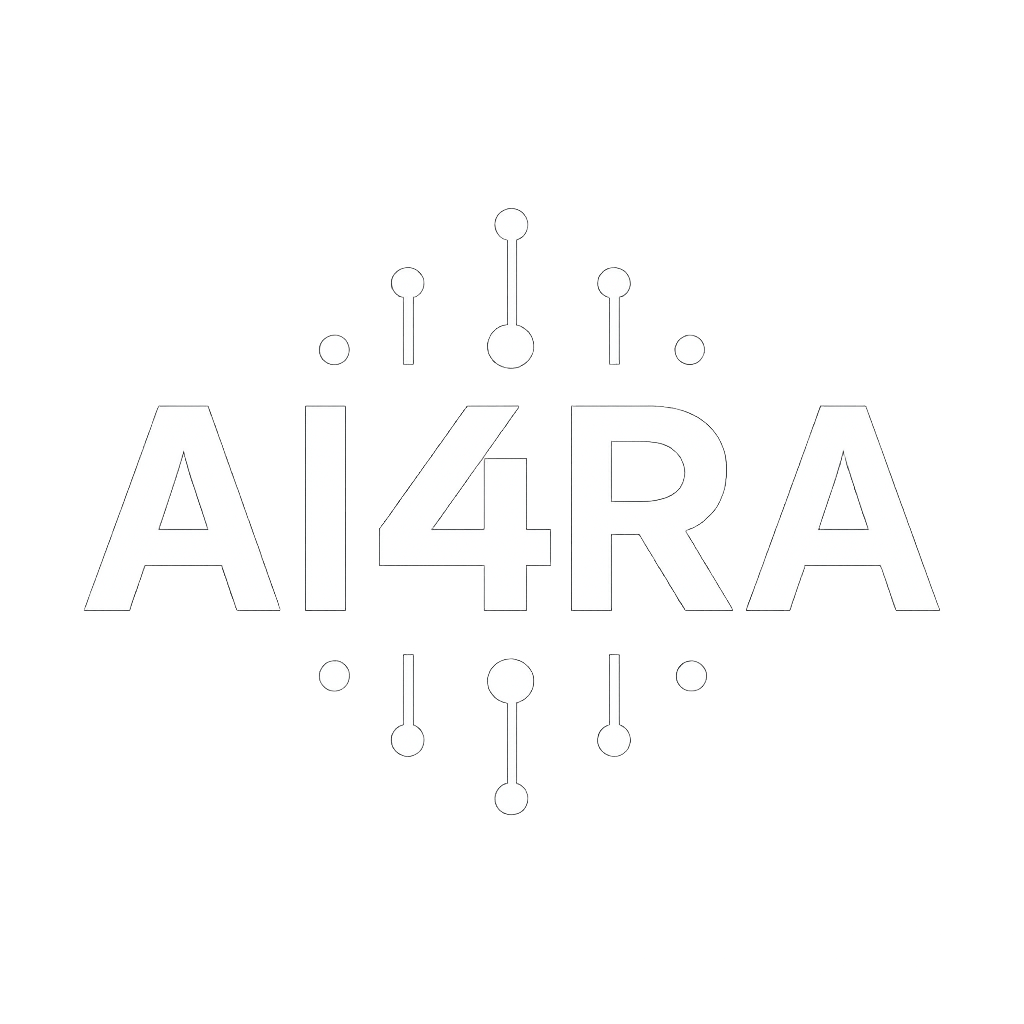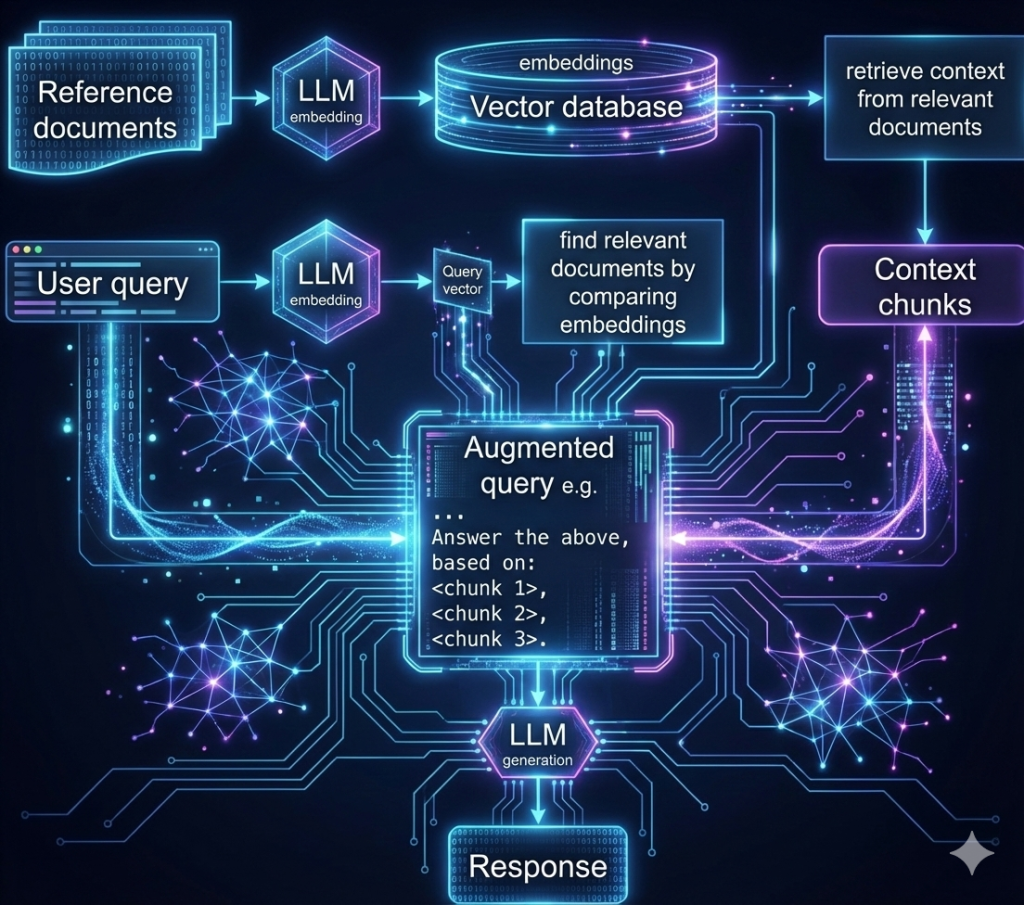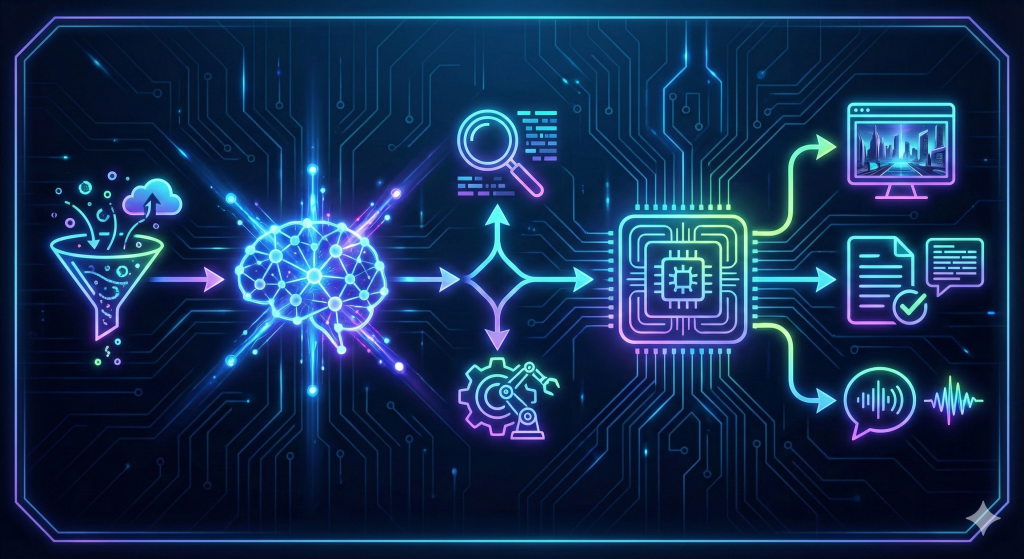AI for Research Administration
Empowering Research Excellence: Innovating Administration with AI
Project Summary
Research Administration (RA) faces challenges due to outdated systems and limited resources, particularly at smaller institutions like emerging research institutions, minority-serving institutions, and primarily undergraduate institutions. The University of Idaho and partners are addressing these issues by developing open-source AI and data science tools to improve RA processes, making them more efficient and accessible. This initiative aims to level the playing field by providing scalable and impactful tools that enhance data accessibility and system interoperability. The project not only seeks to modernize RA practices but also to foster a skilled workforce, driving scientific, societal, and economic progress through collaborative development and community engagement.
Project Objectives
The project will use an iterative, user-centered development approach, incorporating feedback from partners to ensure the tools meet real-world needs. Importantly, the project features an independent external evaluator to ensure the research administration community can learn from both successes and challenges, a critical approach given the rapid advancements in AI capabilities. By integrating data science and AI in a thoughtful, tested manner, this project aims to create a transformative framework for efficient, data-driven research administration that can be adopted widely across diverse institutions.
Tell Us About Your Challenges
Interested in our project? Tell us about your research administration challenges and sign up to receive the latest updates directly to your inbox.







